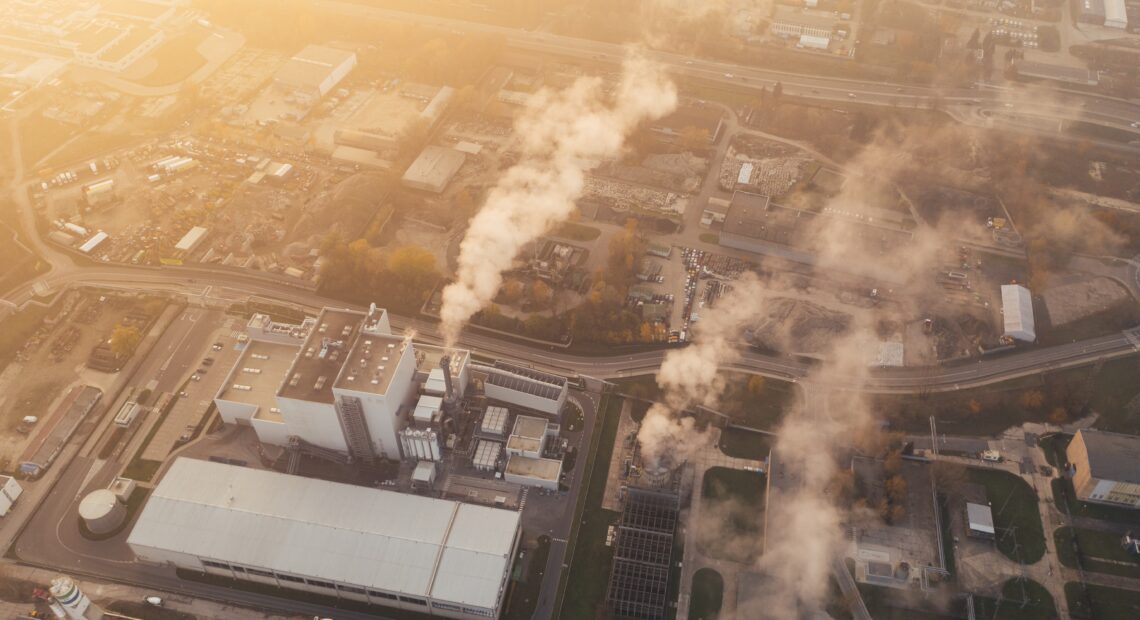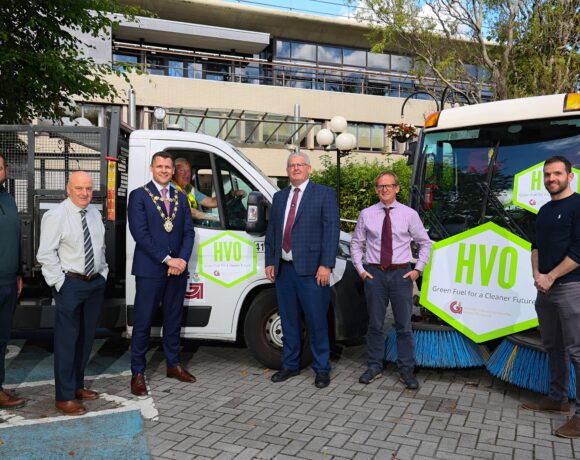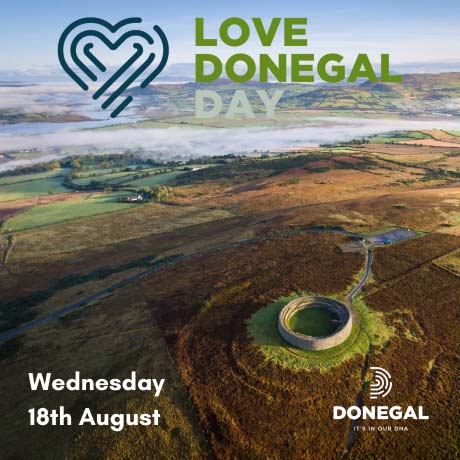Minister for the Environment, Climate and Communications, Eamon Ryan, has launched a public consultation on Ireland’s current Long-term Strategy on Greenhouse Gas Emissions Reductions.
Ireland’s current Strategy was published on 28 April 2023, following government approval, and sets out indicative pathways beyond 2030 towards achieving climate neutrality for Ireland by 2050. It builds on the decarbonisation pathways set by the Carbon Budgets, Sectoral Emissions Ceilings and Climate Action Plan 2023, and identifies additional measures and policies that will drive deeper decarbonisation post-2030. It is underpinned by an analysis of transition options — across each key sector of the economy — and is informed by an extensive 2019 public consultation and cross-departmental input.
In light of important climate policy developments since the 2019 consultation, a further public consultation is taking place to prepare an updated strategy by the end of this year (as committed to in the Annex of Actions that accompanied Climate Action Plan 2023). The updated Strategy will conform to the requirements of both EU and national law and as such, will be the first strategy for greenhouse gas emissions reduction to be prepared in line with the Climate Action and Low Carbon Development Act 2015-2021. The updated Strategy will provide a vital link between Ireland’s 2030 climate targets and the long-term goal set by Ireland’s ‘National Climate Objective’ and the European Climate Law.
Commenting on the launch of the consultation on Ireland’s Long-term Strategy, Minister Ryan said, “in line with the Paris Agreement (temperature) targets, we are committed to achieving a climate neutral economy by no later than 2050. This commitment has been established in Irish law, under our national Climate Act, which aligns with the EU climate law. Our Long-term Strategy on Greenhouse Gas Emissions Reductions will map out the pathway over the next 30 years to reach climate neutrality.”
“The IPCC (Intergovernmental Panel on Climate Change) issued a ‘final warning’ in March 2023 that, with global warming having already reached 1.1°C above pre-industrial levels, climate change is causing widespread and increasingly irreversible losses and damages. This warning was amplified this week with the latest World Meteorological Organisation report. We have a rapidly closing window of opportunity to maintain a liveable and sustainable future for all.”
“Making the changes we have to will not be easy. However, I believe that Ireland can and will be good at taking climate action that protects us firstly from the impact of climate change already here, like flooding or extreme heat, and that ensures that we can continue to thrive as an economy and as a society – making homes warmer and more efficient with new green energy sources, creating new jobs and ensuring that our agricultural sector is viable and sustainable for example.”
“Citizen engagement must be at the centre of this. While the current strategy has been shaped by responses received to an extensive public consultation in 2019, in light of important climate policy developments since then I am launching a second, further public consultation as the basis for preparing an updated strategy.”
The current Long-term Strategy on Greenhouse Gas Emissions Reductions reflects the enhanced ambition brought about by the 2020 Programme for Government. That enhanced ambition includes:
- A legally-binding national 2050 climate neutrality target.
- Provision for a 51% reduction in greenhouse gases by 2030 compared to 2018 levels.
- National Carbon Budgets and Sectoral Emissions Ceilings and an updated Climate Action Plan published in December 2022, which set out the policies, measures, and actions to achieve our climate targets.
The public consultation on the Long-term Strategy on Greenhouse Gas Emissions Reductions is now open for submissions until 30 June 2023. Please go to the Department of the Environment, Climate and Communications website for further information.













